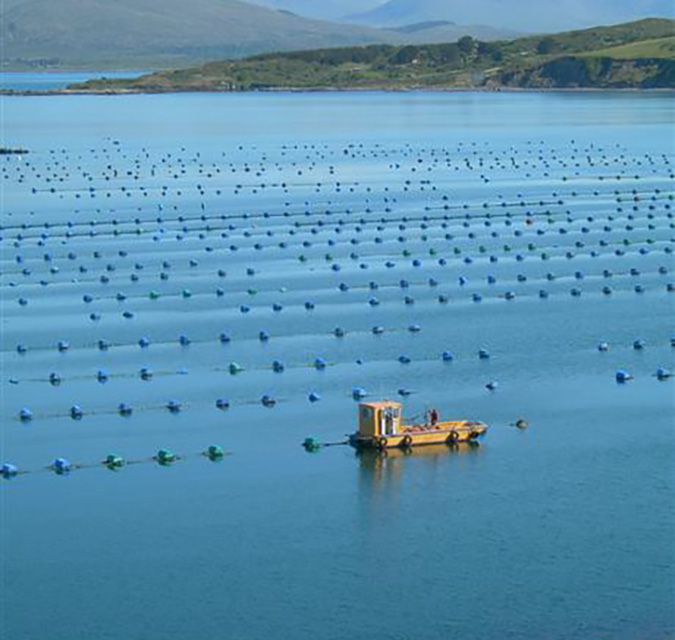Assessing the Value of Environmental Information for Shellfish Aquaculture Farmers in British Columbia

Shellfish aquaculture will play a critical role in meeting the growing demand for protein with low ecosystem impact and carbon intensity. Regions that have experienced inhibited growth in their shellfish aquaculture industries, such as British Columbia, must invest in technical and community-driven solutions to overcome industry barriers. A key barrier to British Columbia’s growth is environmental uncertainty, which impedes optimal farm management and increases the investment risk of shellfish farms. To reduce environmental uncertainty, shellfish operations around the world are investing in environmental monitoring and forecasting technologies to provide environmental information to farmers. These investments may signal that shellfish farmers value environmental information, but no efforts have been made to adequately measure this value. We developed a model to quantify the value of environmental information for shellfish farmers, which revealed that increasing variability of optimal management decisions and associated expected profits across future possible environmental conditions increased the value of information. Through conversations with farmers in British Columbia, we discovered that many non-environmental barriers hinder the growth of the shellfish industry, as well. We grouped these challenges into three general categories of logistic & economic, social & cultural, and regulatory & political. We found that potential solutions to overcoming non-environmental barriers include a shift toward cooperative style business models, investing in First Nation capacity to support new ventures, and forging partnerships to enable community support. By identifying what makes information valuable, this project provides a tool for shellfish farmers to prioritize what environmental variables are worth forecasting, while contributing to a deeper understanding of the challenges and experiences of shellfish growers in British Columbia.
Acknowledgements
Bren School: Ben Halpern, Professor; Casey O’Hara, PhD Student
ScootScience: Craig Blackie, Business Development Specialist; Jonathan LaRiviere, Co-Founder, CEO; Iwen Su, Senior Data Scientist
Ha’oom Fisheries Society: Kadin Snook, Fisheries Manager
The DiPaola Foundation
A special thanks to all farmers, researchers, and British Columbia residents who generously shared their knowledge and experiences with us.